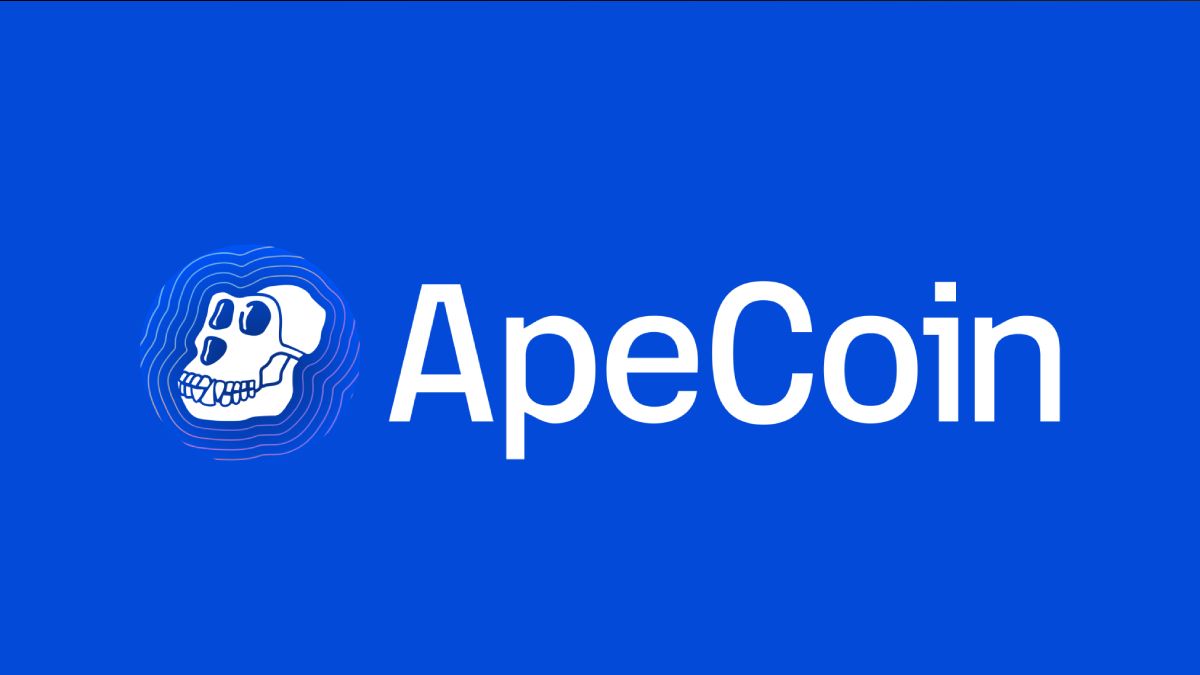Popular non-fungible token (NFT) marketplace OpenSea has officially stated that it has begun accepting ApeCoin, the main token for the Bored Ape Yacht Club ecosystem and the main currency required in the metaverse game experience Otherside. The relatively new Ethereum token allows users to make transactions through Web 3 apps, which do not have to be limited to those developed by Yuga Labs or the Bored Ape Yacht Club. As per CoinMarketCap, Apecoin currently stands in the top 30 cryptocurrencies with the highest market capitalisation value.
Apecoin joins a small list of coins available to use through OpenSea — a list which includes Ether, Wrapped Ether, Solana, USD Coin, and Dai. The move coincides with Yuga Labs’ much-hyped launch of the Otherside metaverse digital land sale which raised roughly $320 million (roughly Rs. 2,450 crore) — making it the largest NFT mints to date through the sale of virtual land.
Launched back in March, ApeCoin is an ERC-20 governance and utility token of the Bored Ape Yacht Club or BAYC but the coin was not created by Yuga Labs, the developers of BAYC. Instead, it was created by ApeCoin DAO.
ApeCoin DAO empowers its community to design blockchain games and services as well as create physical and virtual merchandise. The organisation is administered by the ApeCoin Foundation. While some think that Yuga Labs’ decision to separate itself from ApeCoin is a move for decentralisation, others think Yuga Labs is trying to avoid regulatory backlash from the SEC.
The ApeCoin DAO is headed by a council comprising Alexis Ohanian (Reddit), Amy Wu (FTX), Maaria Bajwa (Sound Ventures), Yat Sui (Animoca Brands), and Dean Steinbeck (Horizen Labs). Although the token and DAO are not directly linked with Yuga Labs and its Bored Ape Yacht Club (BAYC), the two are associated, which is why holders of BAYC NFTs received free ApeCoin upon the cryptocurrency’s release, and it will serve as the main token for the BAYC ecosystem.
According to ApeCoin’s website, “APE is a token made to support what’s next, controlled and built on by the community. It will serve as a decentralised protocol layer for community-led initiatives that drive culture forward into the metaverse.”

